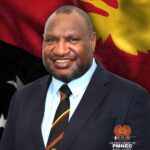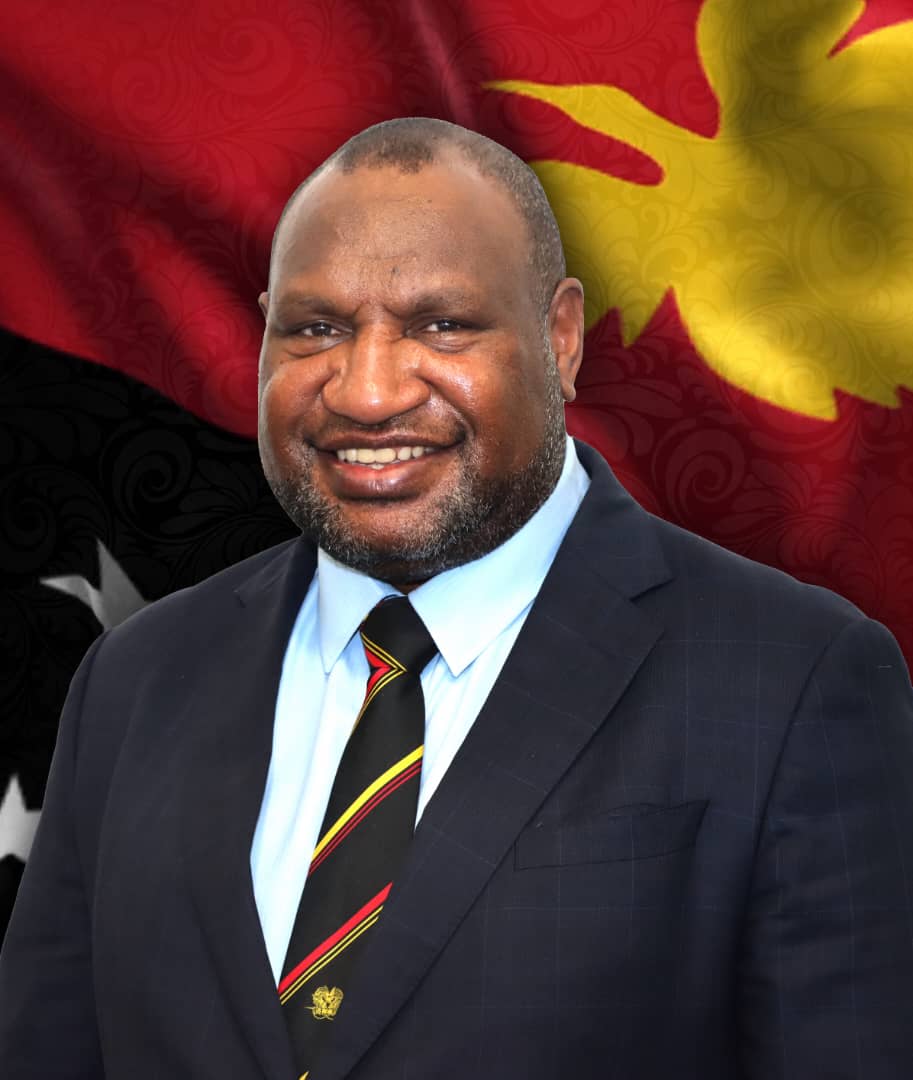Prime Minister Hon. James Marape, MP, has warmly welcomed the launch of the National Oil Palm Policy 2025–2030, describing it as a landmark framework that will transform Papua New Guinea’s largest agricultural commodity into an even stronger driver of growth, inclusivity, and sustainability. The policy was officially launched on Monday evening on his behalf by Finance Minister Hon. Thomas Opa.
Golden Jubilee Significance
The Prime Minister said the launch comes at a historic moment as Papua New Guinea celebrates 50 years of nationhood. He noted that this milestone is not only a time of reflection but also a moment to set a clear pathway for the next 50 years.
“As we mark our Golden Jubilee, this policy is about more than palm oil,” Prime Minister Marape said. “It is about inclusivity, fairness, and sustainability in how we manage all of our resources going forward. This is about ensuring that no one is left behind as we build the next 50 years of Papua New Guinea.”
The Prime Minister commended the Minister for Oil Palm, Hon. Francis Maneke, the General Secretary of Oil Palm Industry Corporation (OPIC), Mr. Kepson Pupita, and all stakeholders— including smallholders, landowners, milling companies, provincial governments, and international partners — for their leadership and collaboration in developing the policy.
Driving Economic Transformation
The Prime Minister emphasised that the new policy represents a critical pillar in the Government’s broader vision to grow Papua New Guinea into a K200 billion economy by 2030, K300 billion by 2035, and K500 billion by 2045.
Agriculture will contribute at least K30 billion to this growth, with oil palm standing as a cornerstone industry, already generating more than K2 billion annually and sustaining tens of thousands of Papua New Guineans.
Inclusivity and Smallholder Empowerment
At the heart of the policy is the empowerment of smallholders, who make up a significant share of national palm oil production but have historically faced challenges. The policy provides for improved extension services for sustainable farming and higher yields, access to quality seedlings and replanting programmes, fair pricing mechanisms to ensure equitable returns, and better access to finance and credit enabling expansion and reinvestment.
“For too long, smallholders have been overlooked despite being the backbone of this sector,” Prime Minister Marape said. “This policy is a corrective measure to ensure they become true stakeholders in the wealth generated by the industry.”
Equity Participation and Ownership
The policy introduces state equity participation, allowing landowners, resource owners, and the Government — on behalf of the people — to co-invest in major projects. This ensures that landowners are not merely passive rent collectors but active commercial partners in ventures on their land.
Regulation, Transparency, and OPIC Reform
The Prime Minister highlighted reforms to the Oil Palm Industry Corporation (OPIC), which will be strengthened into a statutory regulatory and developmental authority. This transformation will ensure transparent levy collection and proper utilisation to support smallholders, research, and rural infrastructure, enforce licensing, compliance, and sustainability standards, and provide a stable, regulated environment for private sector growth while safeguarding the rights of landowners and smallholders.
A Call to Shared Action
“This policy ensures that the mistakes of the past 50 years are not repeated in the next 50,”Prime Minister Marape said.
“It creates an industry that is transparent, equitable, and inclusive. It is about building a future where landowners, smallholders, and communities are empowered alongside investors, and where the benefits of oil palm flow directly back to our people.”
The Prime Minister urged all Papua New Guineans, particularly those in oil palm provinces, to embrace the opportunities created by this policy.
“Together, let us grow this industry into a model of shared prosperity. If we work hand in hand, the oil palm sector will not only contribute to national wealth but also transform communities, lift families, and secure a brighter future for our children. This is the spirit of our Golden Jubilee — one people, one nation, one country, moving forward into the next 50 years.”






